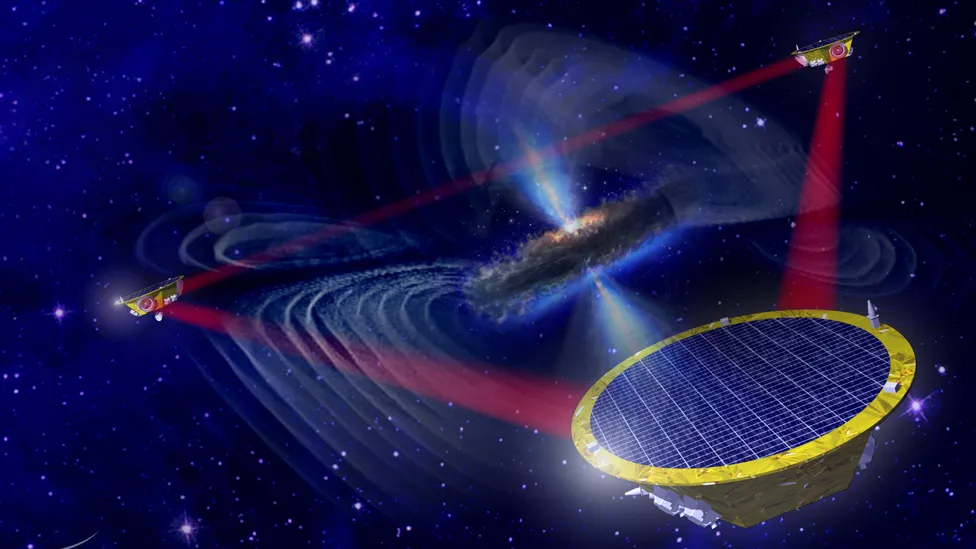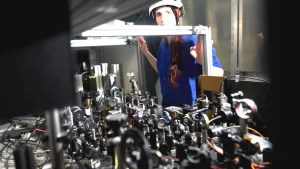European Cosmic Ripple Mission
1 min readEuropean mission approved to detect cosmic ripples
Europe's space agency has approved a new mission to detect cosmic ripples in space. The European Space Agency (ESA) announced the...

European mission approved to detect cosmic ripples
Europe’s space agency has approved a new mission to detect cosmic ripples in space. The European Space Agency (ESA) announced the approval of the mission, called the Laser Interferometer Space Antenna (LISA), which will detect gravitational waves caused by the collision of massive objects in space.
Gravitational waves are ripples in the fabric of spacetime that are produced by some of the most violent and energetic processes in the universe. These waves were first predicted by Albert Einstein in his general theory of relativity over a century ago, but were only directly detected for the first time in 2015 by the Laser Interferometer Gravitational-Wave Observatory (LIGO).
LISA will consist of three spacecraft that will be placed in a triangular formation in space. By measuring the tiny changes in the distance between the spacecraft as they are affected by passing gravitational waves, researchers will be able to detect and study these cosmic ripples with unprecedented precision.
The approval of the LISA mission marks a significant milestone in our ability to study the universe and better understand the fundamental forces at work in the cosmos. With LISA, scientists will be able to study black holes, neutron stars, and other astrophysical phenomena in ways that were previously impossible.
We look forward to the exciting discoveries that will be made with LISA and the new insights it will provide into the mysteries of the universe.






